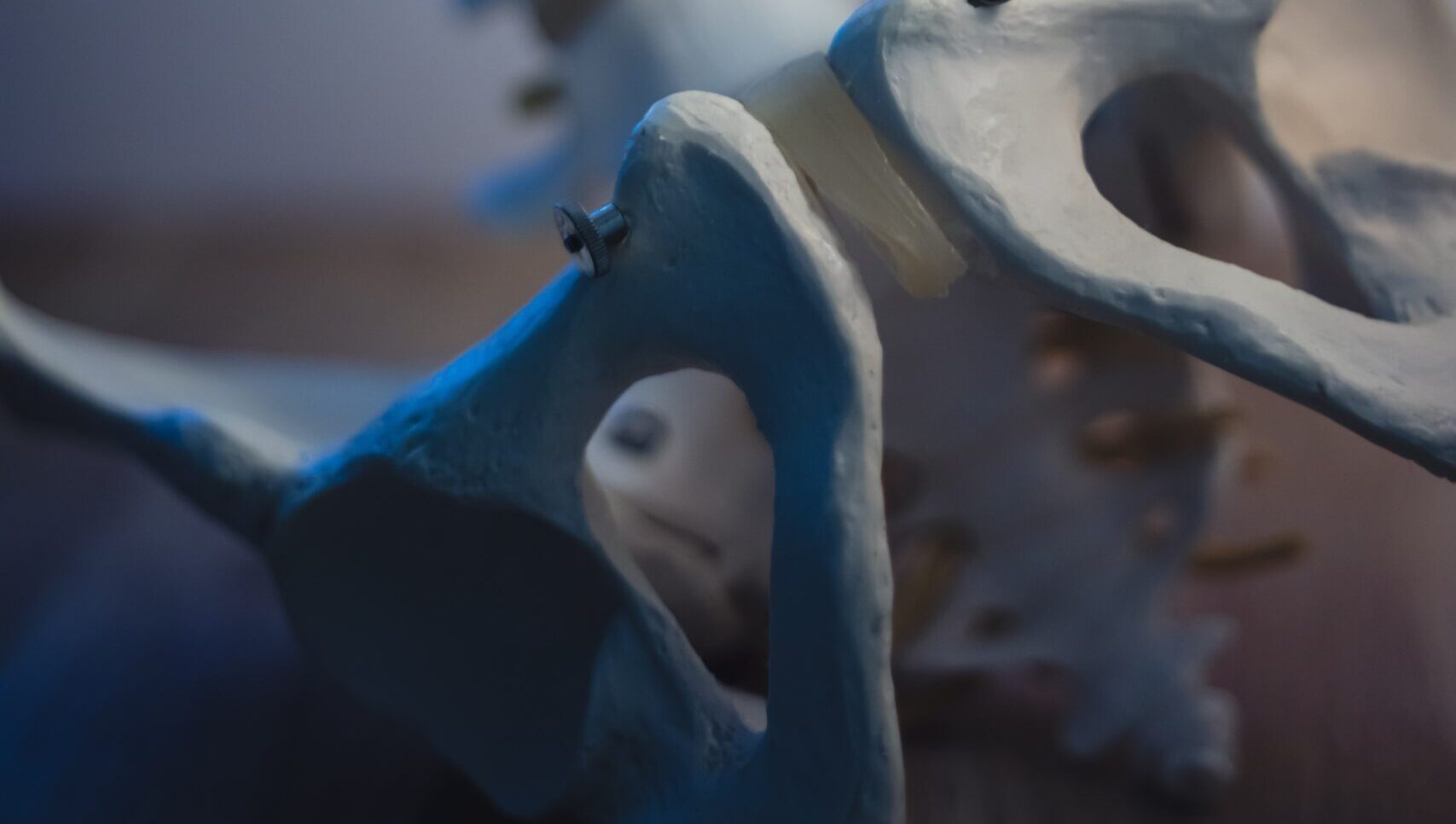 0
0
Sacroiliac Joint Injection

Sacroiliac Joint Injection
What is the sacroiliac joint? How can it be responsible for low back pain?
The sacroiliac joint is a major weight-bearing joint which links your lower spine and pelvis with very strong ligaments that are richly innervated by free nerve endings and spinal nerve roots. When there is inflammation of the joint, this abundance of nerves causes intense low back pain.
How do I get pain in the sacroiliac joint?
You may suffer from this condition, which can occur from:
- Trauma such as a fall, work injury or car accident
- Hip or spine surgery
- Pregnancy and childbirth
How long does the sacroiliac joint injection take?
The procedure:
- Takes about 30 minutes to complete
- Takes place under light sedation
- Delivers medications including local anaesthetics and steroids into the sacroiliac joint with ultrasound or X-ray guidance
- Decreases the inflammation, allowing you to resume your normal function
How long does the pain relief last?
The pain relief of this injection may be long-lasting or temporary, depending on the severity of the symptoms. It usually lasts for an average of 6 months to a year. We can perform a radiofrequency procedure targeting the nerves of the sacroiliac joint to allow a longer duration of pain relief.
Am I a good candidate for a sacroiliac joint injection?
This treatment could be helpful for you if you:
- Have lower back pain for over 3 months and has not improved with the conservative management
- Wish to identify the source of your back pain (as we can use this method as a diagnostic tool)
What are the risks?
Sacroiliac joint injection is a low-risk, non-surgical tool to combat lower back pain or sacroiliac joint disorders. The potential side effects or risks are minor and occur infrequently:
- Soreness and bruising over the injection site
- Potential infection
- An allergic reaction to the medication
- Temporary weakness and numbness of the legs
- Difficulty passing urine which will recover after a few hours
What should I expect after the procedure?
We advise you to modify your lifestyle for better results:
- Practice proper lifting techniques
- Design an ergonomic workstation
- Healthy diet
- Increase your daily exercises
- Stress management
Every condition is different, hence it is best to consult a specialist who is experienced in managing such conditions. Reach out to Dr Timothy Thor today.



